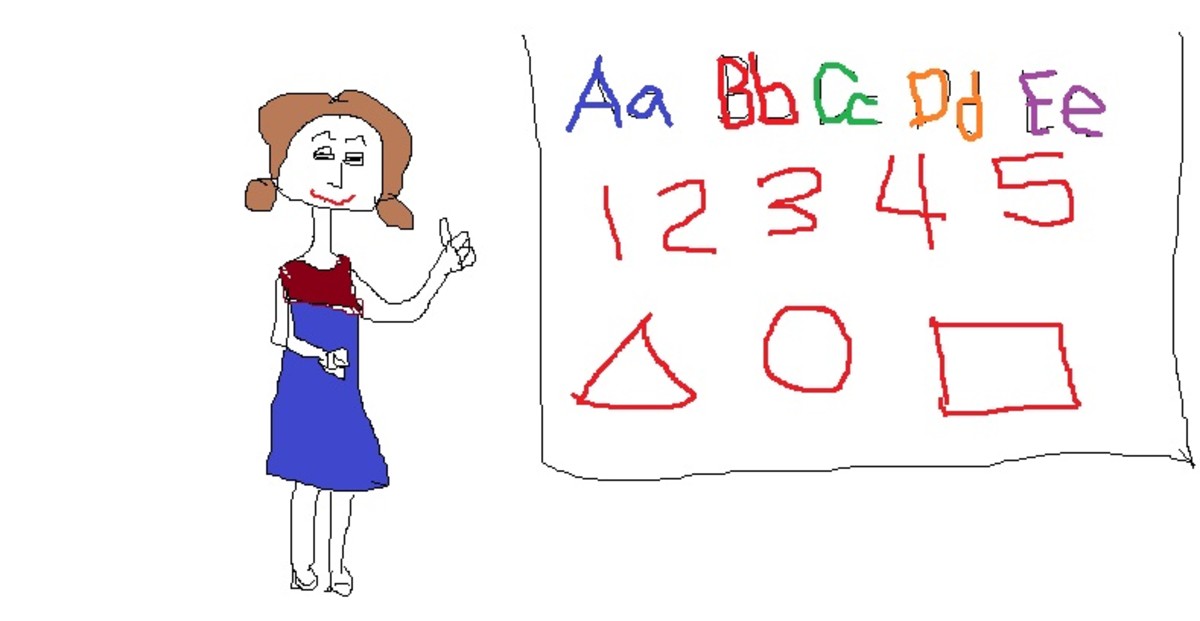How to get a Federal Grant: An Insider’s View-Part I Prior to Government Receipt of Offers
There are not great deals of things for which I can claim a level of expertise. I even hire electricians to come and remove and replace my light bulbs. But when it comes to federal contracts and grants, particularly grants, I am confident that I can speak with some degree of authority. I have worked for a Department of the Interior agency negotiating, awarding and administering such grants and cooperative agreements for the last 10 years, prior to my retirement last spring. I hope to enlighten you giving you a general overview on some of the aspects of my business from the inside as a Grants Officer and acquisition professional. A grant is an award of public funds to address projects that could be seen as having a public purpose, not merely an agency requirement, where a contract would be the appropriate instrument. For example, we granted funds to Native American tribal schools to further education goals which was a public purpose as defined by our agency, yet did not benefit us directly as say buying a box of pencils or a new computer. A Cooperative Agreement is a form of a grant but with greater involvement anticipated by government agencies working with the grantee. When I use these terms interchangeably, I do not want to confuse anyone.
First of all, you can ignore those advertisements and e-mails that claim to be able to assist in making federal grants available to you. You are just paying a middle-man for services that are readily available to you at no cost. You simply go to www.grants.gov. When you reach that page, go to the blue box on the right hand side and click on the hyperlink ‘grant search’. This will take you to a page that allows you to search by keyword, which can get you off to a pretty good start. You can also go to the ‘advanced search’ and look for grant offerings by agency, date posted, etc. All federal agencies are required to post its grant opportunities as a competitive requirement, with a few exceptions relating to congressional mandate, security issues, public exigency, and an estimated award value that fall below a specific dollar threshold which may vary between agencies.
You should read the Government’s Funding Opportunity Announcement (FOA) very carefully to be sure that you submit all the required documents and properly address the technical approach to your project as provided for in the FOA. There are generally phone numbers providing the names of grant officers that are willing to assist you with questions, but make sure that you read the solicitation/announcement before you call with questions that you would have had the answers to if you had read the documents. I received well over a hundred proposals at one time, having my telephone occupied by people asking these kinds of questions did not make my day. My advice to you is that you check grants.gov daily if you are looking for a grant/cooperative agreement in your area of interest. You want to move on preparing your proposal and have it ready for submission prior to date they are due. This is something that you do not want to stumble over at the last minute as preparation requirements for the grantee can be quite daunting.
In Part II, I will speak on the process once the date proposals are due have passed. Visit the link provided below....





